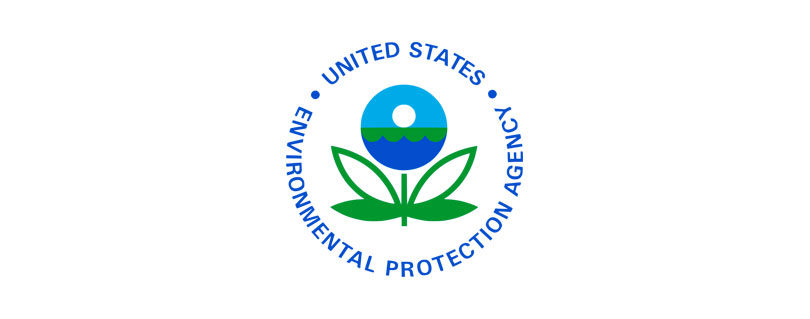EPA and Seven-Eleven Hawaii Agree to Close Cesspools and Audit Stores to Protect Water Resources
Publilshed by the U.S. Environmental Protection Agency (EPA)
HONOLULU – The U.S. Environmental Protection Agency (EPA) has reached a settlement with Seven-Eleven Hawai‘i Inc. in which the company has agreed to audit all of its properties for the presence of large capacity cesspools (LCCs) after EPA discovered three LCCs serving Seven-Eleven Hawai‘i facilities. Under the settlement, Seven-Eleven Hawai‘i will pay a $145,000 penalty, conduct a self-audit of the 58 locations it operates in Hawai‘i, and work with EPA to close all remaining LCCs.
“It is crucial that businesses use proper wastewater treatment systems to protect groundwater from disease-causing pollution,” said EPA Pacific Southwest Regional Administrator Martha Guzman. “This settlement will help protect the islands’ groundwater by requiring the closure of all remaining Seven-Eleven Hawai‘i illegal cesspools.”
The EPA required the closure of all large capacity cesspools by April 5, 2005, under the Safe Drinking Water Act’s Underground Injection Control program. In July 2021, EPA inspected two Seven-Eleven Hawai‘i locations in Hilo and Pahoa on the Big Island, then identified an additional location operating with an LCC during a follow-up request for information that was issued in September 2021. The three cesspools met the large capacity threshold under EPA regulations.
The Self-Audit Process
Seven-Eleven Hawai‘i will perform an audit of all its properties in the state of Hawai‘i to identify all remaining large capacity cesspools. The company will then submit to EPA a closure plan that includes a schedule for the closure of any identified LCCs. Once EPA approves the plan, the company will close the cesspools.
Cesspools in Hawaii
Groundwater provides 95% of all domestic water in Hawaii. Cesspools are used throughout Hawai’i for the disposal of untreated sanitary waste. Unlike LCCs, most cesspools in Hawai’i serve only single-family homes and are not regulated by EPA. Cesspools collect and discharge waterborne pollutants like untreated raw sewage into the ground, where disease-causing pathogens and harmful chemicals can contaminate groundwater, streams and rivers, and the ocean, and harm human health.
EPA is authorized to issue compliance orders and/or assess penalties to violators of the Safe Drinking Water Act’s large-capacity cesspool regulations. However, to encourage owners and operators to voluntarily discover, promptly disclose, and quickly close large-capacity cesspools, EPA is willing to forego enforcement actions and penalties under its Self-Disclosed Violations Policies.
See a list of Hawai’i Cesspool Administrative Orders and information on how to self-disclose potential large-capacity cesspool violations.
Learn more about EPA’s work to close large capacity cesspools in Hawai’i and the Safe Drinking Water Act.
The settlement with Seven-Eleven Inc. is subject to a 30-day comment period before becoming final. For more information and to submit comments, click here.
Learn more about EPA’s Pacific Southwest Region. Connect with us on Facebook and on Twitter.
Read the full article at: https://www.epa.gov/newsreleases/epa-and-seven-eleven-hawaii-agree-close-cesspools-and-audit-stores-protect-water



